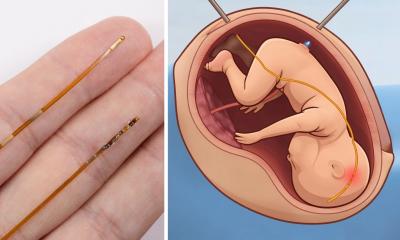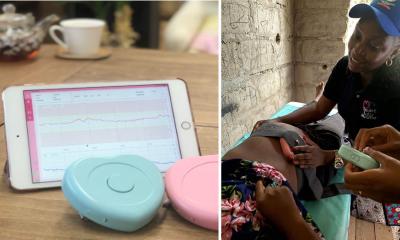Telemonitoring remote patients
Telemonitoring can improve survival and increase quality of life in patients with chronically diseases.

Chronic diseases like heart failure (HF), diabetes, and chronic obstructive pulmonary disease affect millions of lives worldwide and consume over 50% of health services expenditure.
In many projects, telemonitoring has been shown to improve survival and increase quality of life in a cost-efficient manner, at least for HF. To reach even better clinical and economic outcomes, we have developed an interactive telemedicine platform that aims to support remote patient management by assisting patients to understand their diseases, assess their current state, and adapt their daily habits and behaviour accordingly.
In addition to telemonitoring of vital parameters, the system provides personalised feedback, questions, and individualised educational videos on the patient’s TV.
This subject will be discussed fully at the Administrator Forum.
01.03.2006





